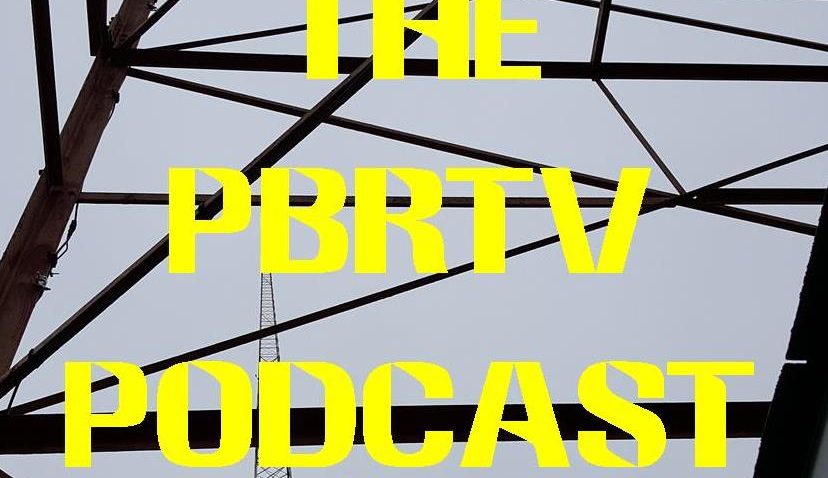WESA appeals to audience
February 14, 2025Anticipating facing further uncertainty in Washington, D.C., WESA (90.5) – and likely other public radio stations across the country – have begun appealing to the community for non-financial support.
In the appeal from WESA, President and CEO Terry O’Reilly writes:
I’m writing today not to ask you for a donation, but rather to ask for your help.
Recent actions in Washington DC are raising concern for the future of public media. You may have heard that:
- The Federal Communications Commission (FCC) has launched an investigation into NPR’s sponsorship messaging, and the CEO of NPR has been requested to appear before Congress.
- NPR has been ordered to vacate its Pentagon workspace.
- Legislation is being introduced that would eliminate grants from the Corporation for Public Broadcasting (CPB) which supports public radio’s programming and reporting.
CPB has been a crucial funding source for public radio since it was created in 1967. Its funding is only a tiny piece of the total federal budget (less than 1/100th of 1%), but it is a lifeline for public radio across America. For us, CPB funding accounts for a little less than 5% of our annual operating budget; in small and more rural areas, CPB funding can account for half or more of what it costs to keep public radio alive.
CPB funding is also critical to NPR, since the majority of the money that stations receive from CPB goes directly to NPR to fund its journalism and other programming. It is not an exaggeration to say that if CPB funding were to end, public radio on WESA – and across America – would change dramatically.
The message goes on to explain how listeners can take action through protectmypublicmedia.org


All wasteful government spending needs to be scrutinized. Biased NPR can ask George Soros for a donation.
Soros has been invoked!
I haven’t listened to 90.5 ever since WESA took over and knocked off the jazz that WDUQ played. I’d see those bus shelter posters announcing WESA talk, with that big microphone and curse them, no, not the middle finger, the sign of a cross, like you would with a vampire. Even years later it still bothers me and my radio won’t touch that station.
WDUQ was part of the glue that held the Pittsburgh jazz scene together, then it’s replaced with NPR, which has little to do with our town. NPR was biased to one point of view any time I’ve heard it, where music is the ‘universal language’ as they used to say.
Jazz came back to the radio thanks to Pittsburgh Jazz Channel, now heard on AM 1550 best during the day, and FM 101.1, WZUM 24 hours. The FM has less of a signal compared to what WDUQ had, but covers Pittsburgh’s three rivers and surrounding hills.
As for potential funding loss, lots of programs are being cut to reduce the national debt, but the essential programs are supposed to come back, so calm down and let’s see what happens.
Boomer